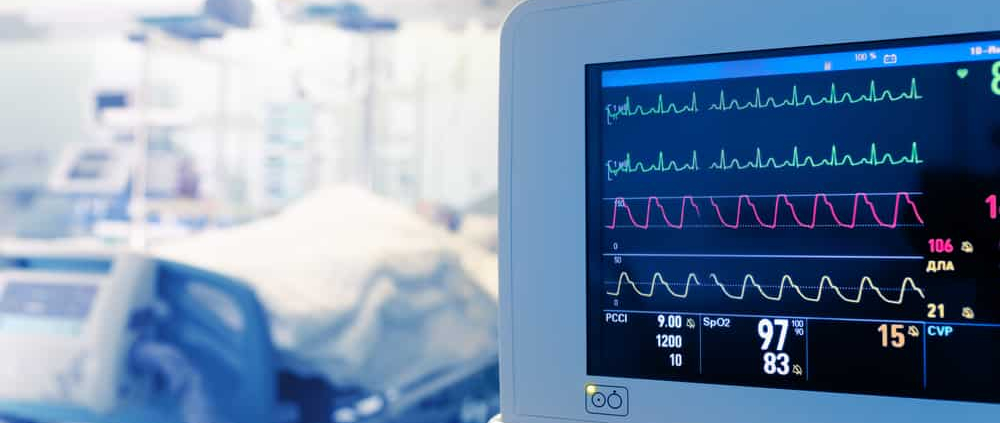Seeking Justice: Understanding the Legal Implications of Suing for Hospital Negligence
In today’s society, hospitals serve as bastions of healing and hope, where individuals seek medical care expecting to receive competent and compassionate treatment. However, hospital negligence, also known as medical malpractice, can shatter this trust and harm patients. Suing for hospital negligence is a legal recourse available to individuals who have suffered harm due to the failure of a hospital to meet the standard of care expected in the medical profession. This article delves into the complexities surrounding hospital negligence lawsuits, exploring the legal principles, challenges, and implications involved.
Understanding Hospital Negligence
Hospital negligence occurs when a hospital, through its employees or agents, fails to provide proper medical care, harming a patient. This negligence can manifest in various forms, including misdiagnosis, surgical errors, medication mistakes, inadequate patient monitoring, and failure to obtain informed consent. Each of these instances represents a breach of the duty of care owed by the hospital to its patients, leading to potentially severe consequences for the individual’s health and well-being.
For example, the patient undergoes surgery at a hospital for a relatively routine procedure, such as appendectomy. Following the surgery, the patient starts experiencing severe abdominal pain and fever. Despite these symptoms, the nursing staff fails to inform the doctor or take appropriate action promptly.
Negligence:
- Delayed Response: The nursing staff neglects to promptly notify the doctor about the patient’s deteriorating condition, delaying necessary medical intervention.
- Failure to Monitor: Nurses neglect to properly monitor the patient’s vital signs and symptoms post-surgery, leading to a lack of timely intervention.
- Miscommunication: There’s a breakdown in communication between the nursing staff and the doctor regarding the patient’s condition, resulting in crucial information being overlooked or disregarded.
- Lack of Follow-Up: After the patient’s complaints of pain and fever, there’s a failure to conduct further diagnostic tests or follow-up examinations to identify the underlying cause.
Consequences: Due to the negligence, the patient’s condition worsens significantly, leading to complications such as sepsis or internal bleeding. The delayed response and inadequate monitoring contribute to a prolonged hospital stay and potentially life-threatening consequences for the patient. This scenario could result in legal action against the hospital for medical malpractice due to negligence in patient care.
Legal Principles and Elements of Hospital Negligence
To successfully sue for hospital negligence, several key elements must be established. Firstly, the plaintiff must demonstrate that the hospital owed the patient a duty of care, typically presumed in a healthcare setting. Secondly, the plaintiff must prove that the hospital breached this duty by failing to adhere to the standard of care expected in the medical profession. This may involve showing errors in diagnosis, treatment, or patient monitoring.
Causation is another crucial element, requiring the plaintiff to establish that the hospital’s negligence directly caused or substantially contributed to the harm suffered by the patient. Finally, the plaintiff must demonstrate the existence of damages, including physical injuries, emotional distress, medical expenses, and lost wages, resulting from the hospital’s negligence.
Challenges in Hospital Negligence Lawsuits
Suing for hospital negligence presents numerous challenges, both legal and practical. Proving negligence in a medical context often requires expert testimony from healthcare professionals who can assess the standard of care and testify to deviations from it. Hospitals typically have robust legal defense teams and insurance coverage, making litigation a daunting prospect for plaintiffs.
Moreover, hospital negligence cases are inherently complex and time-consuming, often involving extensive documentation, medical records review, and expert analysis. The emotional toll of pursuing legal action against a hospital can also be significant for patients and their families, adding another layer of difficulty to the process.
Implications and Considerations
Despite the challenges, hospital negligence lawsuits play a vital role in holding healthcare providers accountable for their actions and seeking justice for victims of medical malpractice. By pursuing legal action, individuals not only seek compensation for their losses but also contribute to improving patient safety and preventing future incidents of negligence.
However, it’s essential to recognize that hospital negligence lawsuits can have far-reaching implications beyond individual cases. They may influence hospital policies and procedures, spur legislative reforms, and shape public perceptions of healthcare quality and accountability. Additionally, settlements or verdicts in hospital negligence cases can impact medical malpractice insurance premiums, healthcare costs, and the overall delivery of healthcare services.
In summary, suing for hospital negligence is a complex and challenging endeavor that requires careful consideration of legal principles, evidence, and practical realities. While it serves as a mechanism for seeking accountability and redress for victims of medical malpractice, it also underscores the broader issues surrounding patient safety, healthcare quality, and institutional responsibility. By understanding the legal implications of hospital negligence lawsuits, we can strive to promote a healthcare system that prioritizes patient well-being and fosters trust and transparency in medical practice.
Legal Guidance
It’s important to act promptly if you believe you’ve been a victim of hospital negligence, as there may be time limits for filing a lawsuit or complaint. Each case is unique, so it’s crucial to seek personalized legal advice to understand how the law applies to your situation. Contact the experienced Personal Injury Law Firm of Figeroux & Associates. Call 855-768-8845 or visit www.askthelawyer.us to schedule an appointment.











Leave a Reply
Want to join the discussion?Feel free to contribute!